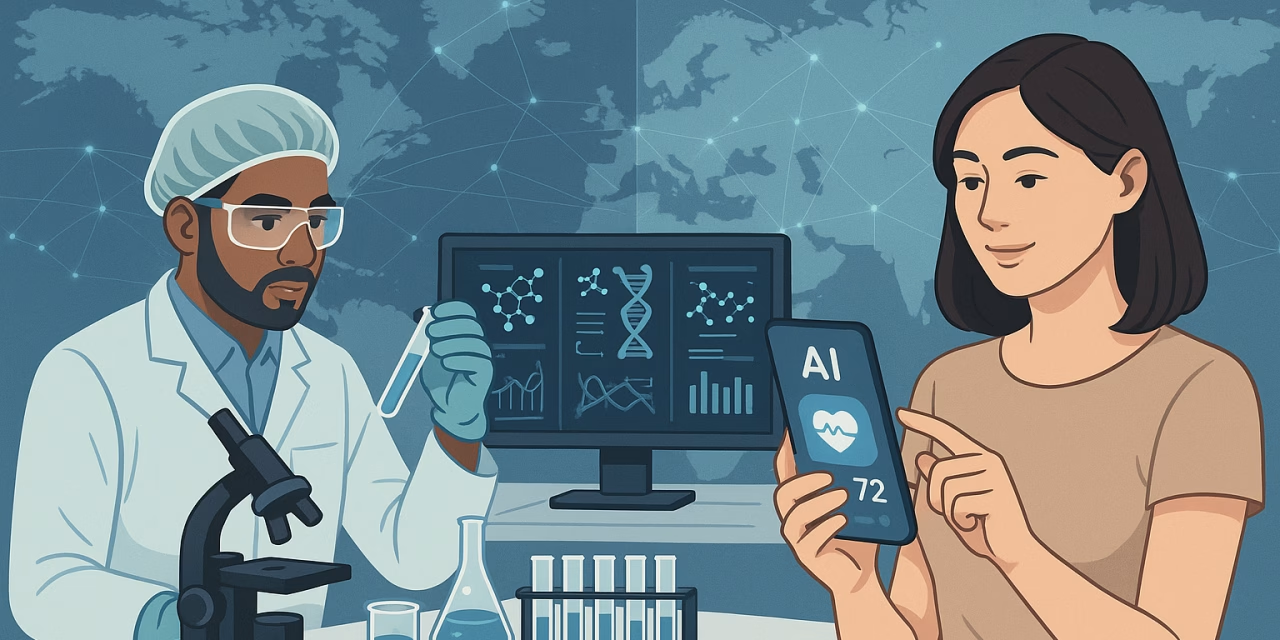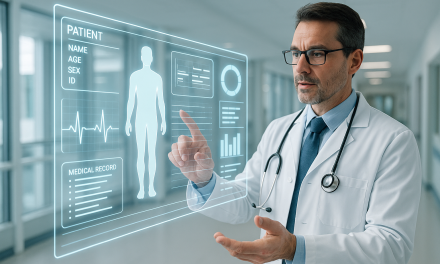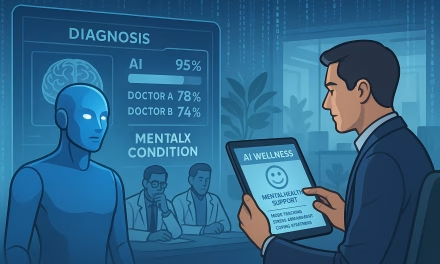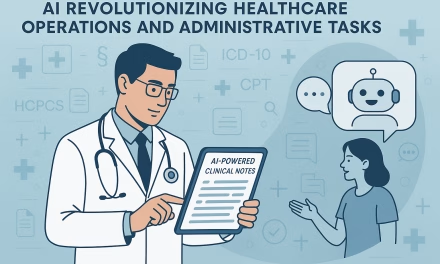July 6, 2025, highlights the global expansion and increasing sophistication of Artificial Intelligence in the health and wellness sector, from accelerating drug development in India to empowering women’s health startups and enhancing personalized wellness through mobile apps.
Pharmaceutical Global Capability Centers (GCCs) in India are now adopting AI to significantly reduce the time and cost of drug development. By using AI models for molecule prediction, trial simulation, and regulatory data processing, these centers are transforming India’s role from a support hub to a global innovation engine in pharmaceutical research and development.
In another significant development, Silna Health, a startup focused on women’s health, has secured $2.7 million in funding to scale its AI-powered platform. This platform is designed to improve diagnostics and care for under-researched women’s health issues like endometriosis and PCOS through AI-driven symptom analysis and virtual consultations, promoting early detection and personalized care pathways.
The broader healthcare AI landscape is also advancing with more sophisticated applications in predictive analytics, personalized medicine, and clinical decision support. Mobile health apps are becoming increasingly sophisticated, integrating AI to track not just physical activity but also emotional and mental well-being, offering real-time insights and personalized recommendations for comprehensive wellness management.
This focus on workflow automation and reducing the time spent in EHR systems is also helping to combat clinician burnout, allowing healthcare providers to dedicate more time to patient care. The developments on July 6, 2025, collectively illustrate that AI is not just a tool for a select few but a global force that is democratizing healthcare innovation, enhancing personalized wellness, and improving clinical efficiency across the board.





